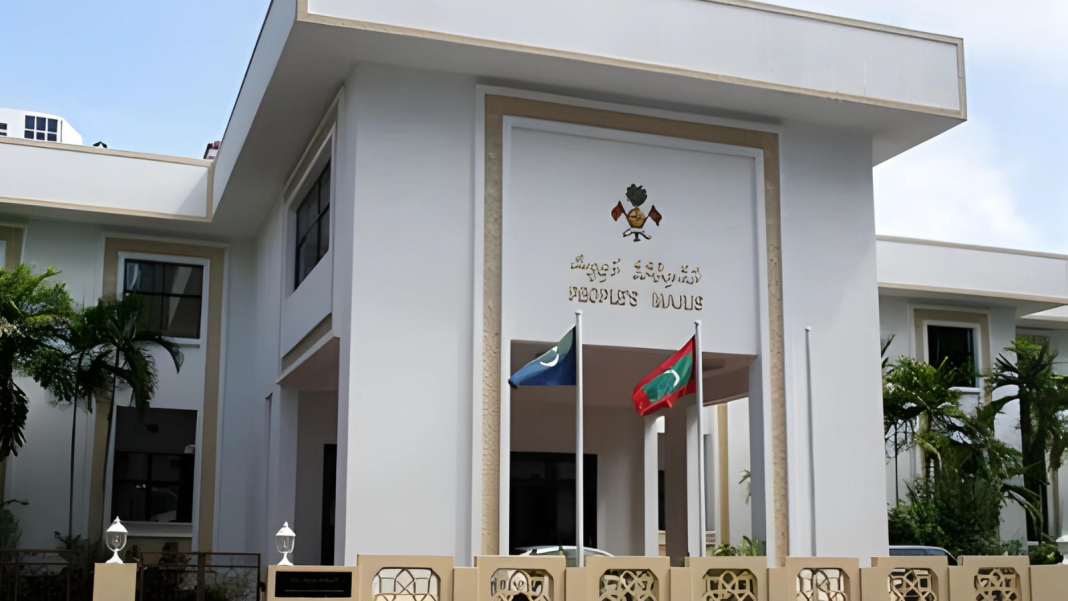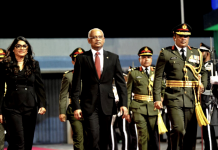The Elections Commission (EC) has announced a new date for the parliamentary elections, rescheduling them for April 21. This decision follows President Muizzu’s ratification of an amendment bill to the General Elections Act. The amendment aims to avoid holding elections during the fasting month of Ramadan, which commences on March 10 this year. Initially, the EC had set March 17 as the date for the parliamentary polls.
With the postponement of the elections, various administrative tasks, including revising the voters’ list and re-registration, need attention. A total of 386 candidates are vying for seats in the parliamentary elections. Among them, 130 are running as independent candidates, while 238 belong to seven different political parties. Of these candidates, 22 are women and 216 are men.
Although there are 93 constituencies, no single party has nominated candidates for all available seats. The opposition Maldivian Democratic Party (MDP) has put forward 90 candidates, while the ruling People’s National Congress (PNC) has nominated 89 candidates.
The bill to hold elections 10 days after Ramadan if it coincides with the fasting month was initially approved by Parliament on February 11. However, it was sent back to Parliament for reconsideration on Sunday following concerns raised by the Attorney General, who feared it could hinder free and fair elections. Despite this, the bill was reapproved by Parliament without any changes on Wednesday.
President Muizzu sought advice from the Attorney General before ratifying the bill. Attorney General Ahmed Usham emphasized the importance of avoiding conflicts between the various powers of the state. He highlighted potential legal complications if a bill reapproved by Parliament is not ratified by the President.
In response to the delayed ratification, political parties and legal experts criticized President Muizzu, accusing him of violating the Constitution. Article 91 (b) of the Constitution stipulates that if a bill returned by the President is passed by a majority in Parliament without any alterations, it must be ratified and published in the Government Gazette. Additionally, there is a Supreme Court ruling against delaying the ratification of bills reapproved by Parliament.


















